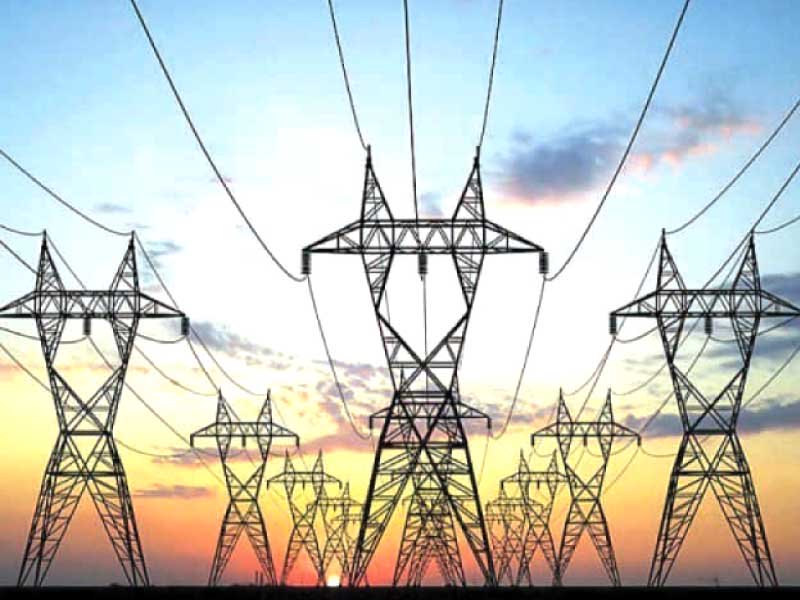
Every major political party in Pakistan is claiming to have a plan to address the energy crisis, but none of them are using the 2013 election campaign to secure a mandate from the voters about the tough reforms that will be necessary to fix the biggest problem crippling the economy.
In the upcoming elections, the energy crisis is the foremost issues on the voters’ minds, and all three major political parties – the incumbent Pakistan Peoples Party, the Pakistan Muslim League Nawaz, and the Pakistan Tehreek-e-Insaf – have put out plans of what they think will fix the problem. But the parties seem reluctant to tell the voters just how hard it will be or how long it will take.
There are many similarities between the three plans, since by now the policy cognoscenti of every political party have to agree on the reality of what needs to be done: deregulation, privatisation of large parts of the energy chain, and depoliticised management of the few parts of the energy chain that remain within government control.

And at some level, each party also realises that without fixing energy, they have no hope in hell of accomplishing anything in their five years in office, since they will be too busy dealing with either the political or the financial consequences of not having done so.
Having said that, there are some significant differences.
The most detailed plan currently available is that of the PTI, which is the brainchild of the party’s policy wizard Asad Umar, the former CEO of Engro Corporation and a man who has been intimately familiar with the evolution of the Pakistani energy sector for the past decade. Umar favours privatisation and deregulation of many parts of the energy chain in principle. He even has a preference for exactly how it should start.
“Start by bringing in the private sector in the [state-owned] generation companies,” he said, in an interview with The Express Tribune. “The problems on the generation side are mostly technical and that is what the private sector can help with the most.”
The ruling PPP has the advantage of currently being in government, and thus having access to all of the data that has been compiled by the ministries of petroleum and power. It also has more detailed access to the studies produced by the Asian Development Bank and the World Bank on the subject. So it is no surprise that the PPP does – at least in theory – support deregulation, privatisation, and independent management.
The problem with the PPP, however, is that they have the least credibility on the matter. Having spent five years in office, their case as the party best equipped to make the changes appears weak at first glance. There is, however, the argument that in its first term, the PPP did not expect to last a full term in office. Now that it knows that is possible – and has the benefit of experience in government – is the party most prepared to hit the ground running on the day after the elections. Whether or not voters believe that to be a strong argument is up to the voters to decide.
The PML-N’s policy appears to rely mostly on privatisation, with the party favouring the privatisation of the state-owned power distribution companies. The plan does have merit, but does not adequately address questions of energy sector regulation. Would the government, for instance, still set prices for oil, gas and electricity? Or would that be done by private companies?
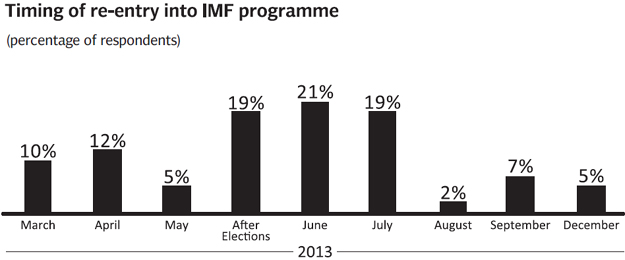
The PML-N has a well-deserved reputation as being a pro-business party. But pro-business does not mean the same thing as pro-free markets. The two are often at odds, and the PML-N has yet to clarify which side it will fall on.
Published in The Express Tribune, February 18th, 2013.
Like Business on Facebook to stay informed and join in the conversation.
COMMENTS (5)
Comments are moderated and generally will be posted if they are on-topic and not abusive.
For more information, please see our Comments FAQ












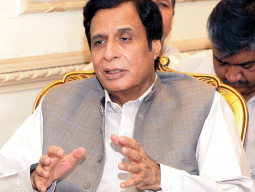


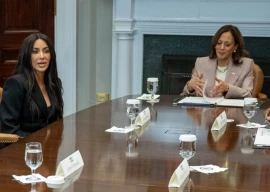
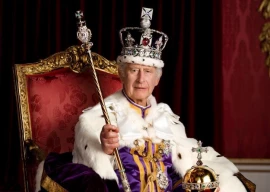














1714024018-0/ModiLara-(1)1714024018-0-270x192.webp)



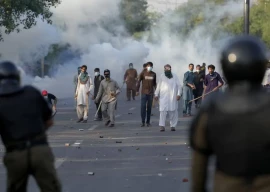






Asad Umar let Engro invest $1 Billion+ in the train urea plant with an unsecured gas supply. It's Engro's biggest red marker right now and no gas supply is foreseen in the short term.
So the guy responsible for putting his company's biggest investment through a bad energy analysis is now planning a national energy scheme?
Please put a link for plans of all three parties.
I have not seen any plans by PMLN or PPP on the energy crisis - its not on their websites or availabe online. Being in govt both parties have zero to show on any energy related iniatives
@Usman: "In short, PTI has the plan, PPP has the funds and ‘experience’, PMLN has the photocopier." +++++++++++++++++++++++++++++ and the public has Loadshedding.
In short, PTI has the plan, PPP has the funds and 'experience', PMLN has the photocopier.